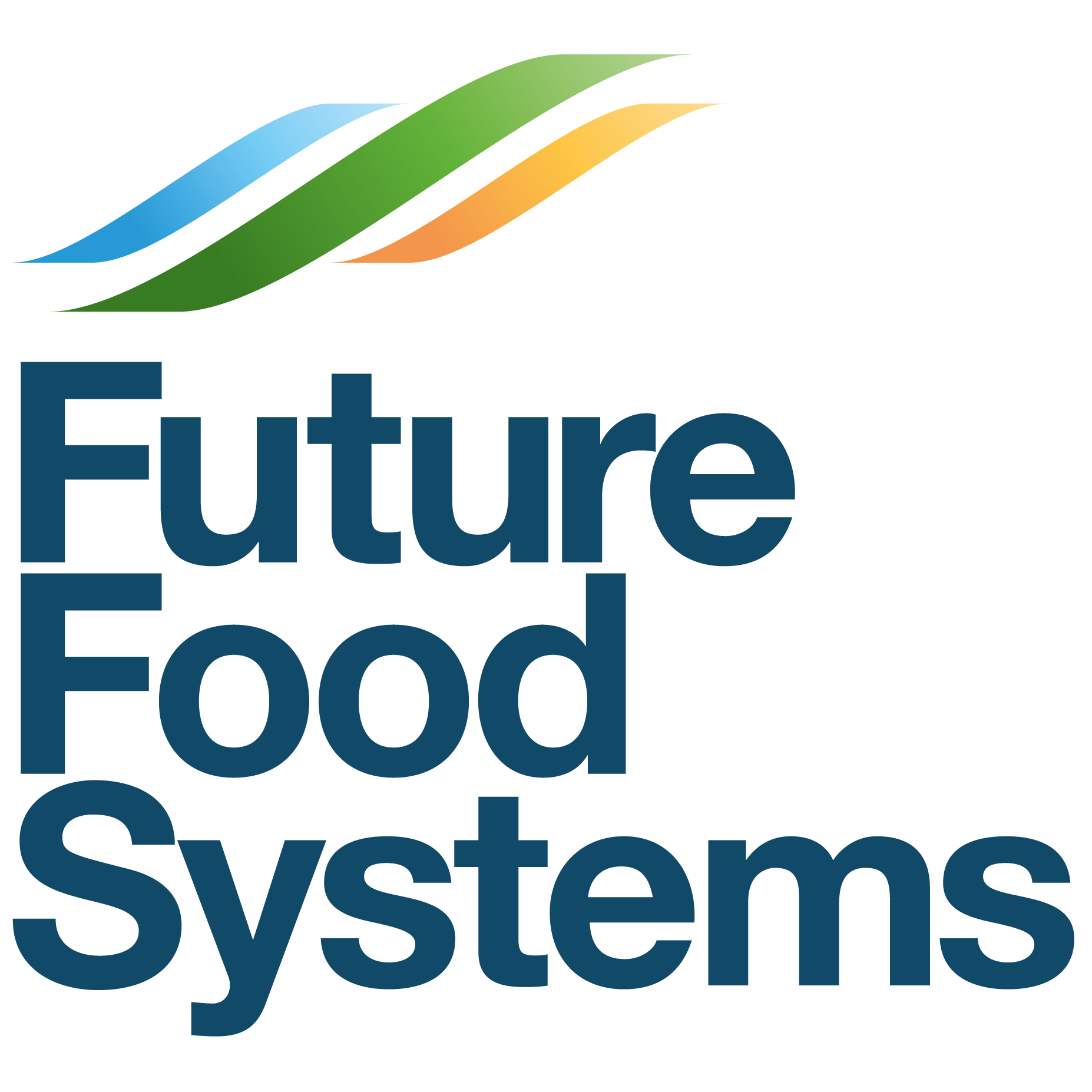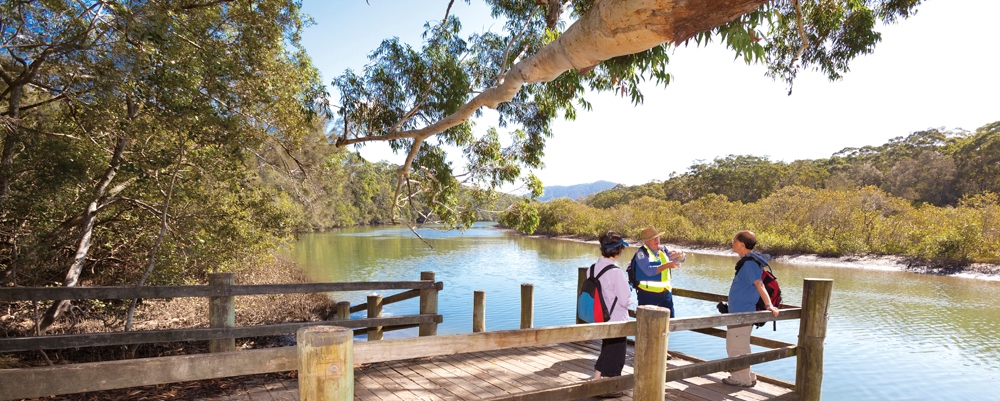Coffs Harbour City Council‘s work in remedying the region’s fertiliser run-off problem has been recognised with a win in this year’s Local Government NSW Excellence in the Environment Awards.
Coffs Council was named the Division C and overall category winner in the Natural Environment Protection and Enhancement: on-ground works category of the state government’s annual environmental awards, open to LGAs across New South Wales.
The award is recognition of Coffs Council’s ongoing work to investigate, quantify, then take concrete steps to remedy an environmental problem impacting numerous local stakeholders with differing perspectives and concerns.
The research: quantifying the waterway pollution problem
Keen to allay community concerns over worsening water quality and the potential negative environmental impacts of a rapid expansion of intensive plant agriculture (IPA) in the region, Coffs Harbour City Council collaborated with researchers at Southern Cross University‘s National Marine Science Centre to quantify the problem.
The SCU study found that a significant 18-40% of the fertiliser Coffs-region IPA farmers apply to crops is lost into local waterways, with nutrient loads reportedly as high as 1,000 times the allowable levels.
The remedial work: treating wastewater and reducing run-off
Responding to these findings, Council has worked with landholders, Local Land Services (LLS) and local Landcare groups to set up four experimental woodchip bioreactors to capture and treat nutrient-rich wastewater from the many intensive blueberry and cucumber growing operations in the region prior to its release into local waterways.
Woodchip bioreactors are relatively easy and cheap to construct and using them to treat wastewater ensures run-off from IPA meets acceptable water-quality standards.
SCU researchers continue to monitoring the bioreactors regularly to measure their effectiveness.
Council-organised field days have been held to showcase the new wastewater-treatment works. While the initial community response was sceptical, this is changing as more of Coffs’ horticultural growers respond to the cost savings they can make by voluntarily cutting back on fertiliser use as well as pre-treating run-off from their farms.
The project has helped to foster constructive ongoing relationships with local grower cooperatives and industry groups, leading to local IPA farmers reducing their fertiliser use.
The future: new options for managing costly run-off
Coffs Council continues to support SCU research into options for managing excessive nutrients in wastewater from IPA. It plans to develop and trial these with local growers, reporting that ‘results to date and feedback from involved growers has been very positive’.
Council anticipates that further industry change to minimise the impacts of wastewater nutrients will be achieved, the ultimate aim being ‘a profitable IPA industry with minimal environmental impacts’.
More information
For further information on Council’s ongoing work in this area, contact Project Officer Samantha Hessey on 02 6648 4661 or via email at samantha.hessey@chcc.nsw.gov.au.
To find out more about the environmental contributions made by this year’s Local Government NSW Excellence in the Environment Awards winners, watch the video below.
Source: Coffs Harbour City Council

